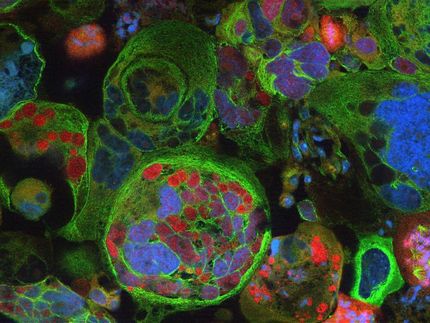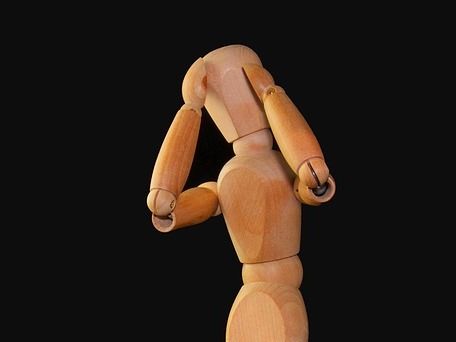First Patient Enrolled in Investigator-Sponsored Phase 1/2 Trial of Antigenics' Oncophage Cancer Vaccine in Glioma
Advertisement
Antigenics Inc. announced that the Brain Tumor Research Center at the University of California, San Francisco, has initiated a Phase 1/2 clinical trial of Oncophage® (vitespen; formerly HSPPC-96), Antigenics' investigational patient-specific cancer vaccine, as a treatment for patients with recurrent glioma. The primary goal of the investigator-sponsored study is to establish the feasibility, safety and preliminary efficacy of Oncophage vaccination in glioma patients. Glioma is a cancer affecting the central nervous system (brain and spinal cord) that begins in the connective tissue that surrounds and supports nerve cells. Malignant glioma is currently a fatal disease.
Derived from each individual's tumor, Oncophage, which is an investigational therapy, contains the 'antigenic fingerprint' of the patient's particular cancer, and in theory is designed to reprogram the body's immune system to target only cancer cells bearing this fingerprint. Oncophage is intended to leave healthy tissue unaffected and limit the debilitating side effects typically associated with traditional cancer treatments such as chemotherapy and radiation therapy. Oncophage has been granted fast track and orphan drug designations from the US Food and Drug Administration (FDA) in both metastatic melanoma and renal cell carcinoma.
The Phase 1/2 trial is designed to enroll about 60 patients with primary or recurrent high-grade glioma. Patients will undergo surgery to remove their tumors, which are then used to manufacture their patient-specific vaccines. According to the protocol, primary patients will receive vaccine upon recurrence, whereas patients with recurrent disease will be treated after surgery.
The trial is designed to sequentially evaluate the safety of three dosing regimens of Oncophage. The objectives of the two-phase trial are to determine the safety of Oncophage in this patient population; clinical response to therapy, including time to disease progression and overall survival rate; and immune response to therapy. The trial will be supported through a grant from the American Brain Tumor Association and the National Cancer Institute Special Programs of Research Excellence. About Brain and Spinal Cord Tumors
Topics
Organizations
Other news from the department science

Get the life science industry in your inbox
By submitting this form you agree that LUMITOS AG will send you the newsletter(s) selected above by email. Your data will not be passed on to third parties. Your data will be stored and processed in accordance with our data protection regulations. LUMITOS may contact you by email for the purpose of advertising or market and opinion surveys. You can revoke your consent at any time without giving reasons to LUMITOS AG, Ernst-Augustin-Str. 2, 12489 Berlin, Germany or by e-mail at revoke@lumitos.com with effect for the future. In addition, each email contains a link to unsubscribe from the corresponding newsletter.


























































